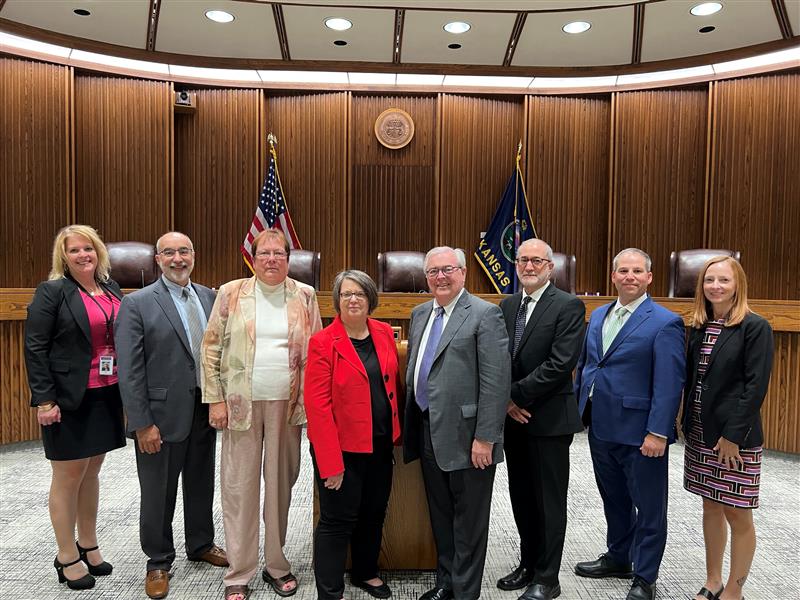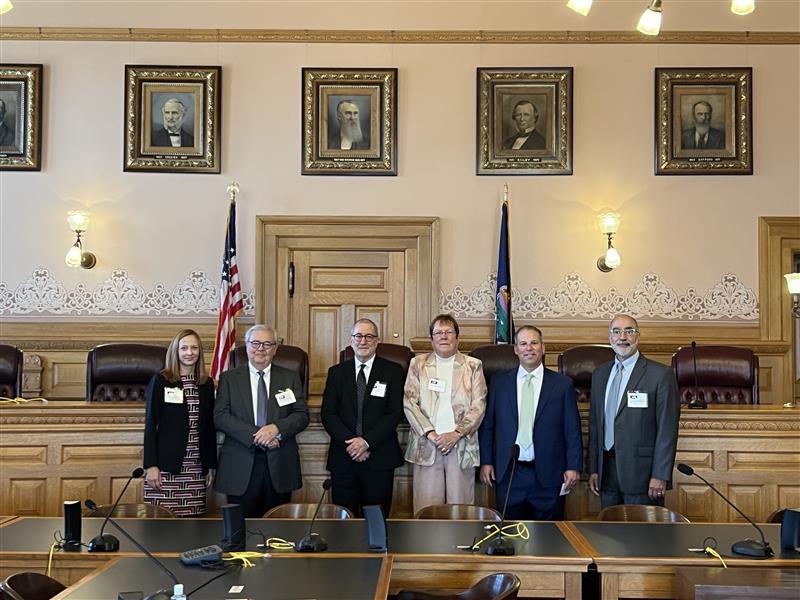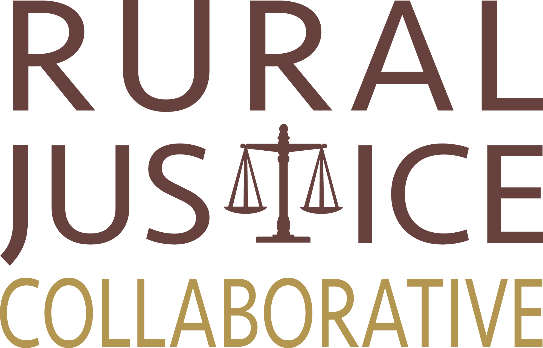Court-based self-help services are more available to the public through increased remote access, according to a new report released by the National Center for State Courts (NCSC) and the Massachusetts Appleseed Center for Law and Justice (Massachusetts Appleseed). “Self-help centers benefit courts and court users alike. Litigants who visit a self-help center are more likely to file paperwork that is legally sufficient. Having litigants better prepared for court appearances saves time for judges and court staff,” said Lonni Summers, an NCSC senior court management consultant leading the report. “Self-help centers also educate members of the public about how the court system works, enhancing public trust and confidence in state courts.”
A lifeline to millions of Americans who face civil legal problems without a lawyer, self-help centers help bridge the civil justice gap by providing access to legal information, advice, and referrals to counsel. Self-help centers support individuals by helping explain court processes, fill out and file court forms, and connect with wraparound services, including language access services and rental assistance programs.
In addition to increased remote service delivery via phone, chat, email or videoconferencing, the report identified some additional trends in the national survey data from 32 states:
- Consistent and adequate funding is crucial to the success of self-help centers, yet survey respondents cited funding as the number one challenge they face.
- Experienced, dedicated staff is essential to running a successful program. Yet self-help center survey respondents indicated insufficient staffing as a reoccurring struggle faced by their programs and noted a need for increased funding to support hiring additional staff.
- Most programs reported that they offer help solely with civil case types. Out of 25 participants, only four programs reported that they provide help with both civil and criminal matters.
The report also identifies areas where self-help centers can make targeted improvements based on respondent feedback and author expertise. Led by NCSC’s Access Team, the report encourages courts to find the best recommendations and resources to support their specific self-help program needs.
“New centers can learn how to build on their foundation and support the program’s growth. Experienced centers can find new ways to reach deeper into their communities, consider additional ways to provide their services, and maximize program efficiency and effectiveness,” Summers said.
The report, “Court-Based Self-Help Centers: National Survey Findings, Recommendations, and Best Practices,” is available online at ncsc.org/self-help.




